there is a period of time that will happen
on the earth which is known as the Great Tribulation.
This will be a time of horror and judgment upon the earth that will be unmatched by any other time in human history.
The book of Revelation
describes the events that will take place during this time.
Granted there are some symbolisms within Revelation,
but once we understand them,
the picture of what will take place during this time
becomes clearer- likely as it unfolds in real time.
Blessed [is]
בָּר֣וּךְ (bā·rūḵ)
Verb - Qal - QalPassParticiple - masculine singular
Strong's 1288: To kneel, to bless God, man, to curse
he who comes
הַ֭בָּא (hab·bā)
Article | Verb - Qal - Participle - masculine singular
Strong's 935: To come in, come, go in, go
in the name
בְּשֵׁ֣ם (bə·šêm)
Preposition-b | Noun - masculine singular construct
Strong's 8034: A name
of the LORD.
יְהוָ֑ה (Yah·weh)
Noun - proper - masculine singular
Strong's 3068: LORD --
the proper name of the
God of Israel-
Yod, Heh, Waw, and Heh
Yeshua Jesus Christ
Living God incarnate
One of the things mentioned are the seven trumpets.
What we want to look at today is what are the seven trumpets in Revelation? It is probably not possible to give you a full, in-depth, detailed analysis of all the seven trumpets in one article. However, it is possible to give you enough information to encourage you to want to study further. Let’s begin.
Where Does the Bible Discuss the Seven Trumpets?
For deeper study and to understand what the seven trumpets in Revelation are, you will need to spend some time in Revelation chapters 8–11.
When you think of a trumpeter, one of the things that comes to mind is that they are used to make a grand pronouncement, like the entrance of royalty for example. These trumpets are no different – it’s just that the pronouncements are of a different type. Each one pronounces a different judgment upon the earth during the Great Tribulation.
When Are the Seven Trumpets Blown?
The trumpets are revealed after John sees a vision of the great crowd from every tribe and nation standing around the throne offering worship to the lamb of God. Here is what happens next.
“When he opened the seventh seal, there was silence in heaven for about half an hour. And I saw the seven angels who stand before God, and seven trumpets were given to them”
(Revelation 8:1-2).
The contrast of the silence in heaven compared to the great roar that was just heard must have really been deafening to John. As you see within the seventh seal there are seven trumpets which were to be blown. Each one will pronounce a type of judgment on the earth, and they will intensify as each subsequent trumpet is blown.
When you look a little closer at these opening verses in chapter 8, it seems the blowing of these trumpets is a response to the saints offering prayers to God.
Consider Revelation 6:9-11:
“When he opened the fifth seal, I saw under the altar the souls of those who had been slain because of the word of God and the testimony they had maintained. They called out in a loud voice, ‘How long, Sovereign Lord, holy and true, until you judge the inhabitants of the earth and avenge our blood?’ Then each of them was given a white robe, and they were told to wait a little longer, until the full number of their fellow servants, their brothers and sisters, were killed just as they had been.”
God, in response to the prayers of the martyrs who were killed during the Great Tribulation, vindicates his people with the blowing of the trumpets. God is judging the people of the earth and bringing vindication for his people all in one. By the way, the prayers of God’s people were referred to as incense, which is a reminder that God loves when his people cry out to him in prayer. So don’t ever stop doing that!
The Trumpets and the Judgments At the heart of the seven trumpets in Revelation are the judgments that come with the blowing of each one. Each trumpet will be blown by a different angel, but the angels are not named. Let’s consider each judgment.
The first trumpet brings devastation to the earth itself.
“The first angel sounded his trumpet, and there came hail and fire mixed with blood, and it was hurled down on the earth. A third of the earth was burned up, a third of the trees were burned up, and all the green grass was burned up” (Revelation 8:7).
The second trumpet is targeted towards the seas.
“The second angel sounded his trumpet, and something like a huge mountain, all ablaze, was thrown into the sea. A third of the sea turned into blood, a third of the living creatures in the sea died, and a third of the ships were destroyed” (Revelation 8:8-9).
The third trumpet affects the water supply which brings death to many people.
“The third angel sounded his trumpet, and a great star, blazing like a torch, fell from the sky on a third of the rivers and on the springs of water — the name of the star is Wormwood. A third of the waters turned bitter, and many people died from the waters that had become bitter” (Revelation 8:10-11).
The fourth trumpet attacks the sky affecting the sun, moon, and stars
“The fourth angel sounded his trumpet, and a third of the sun was struck, a third of the moon, and a third of the stars, so that a third of them turned dark. A third of the day was without light, and also a third of the night” (Revelation 8:12).
The earth, seas, water and sky are all affected by these first four judgments. These are all the things required for life, and God is affecting these things as judgment for those who have rejected him. After blowing the fourth trumpet, there is a brief pause before the last three trumpets are blown.
Revelation 8:13 – “As I watched, I heard an eagle that was flying in midair call out in a loud voice: ‘Woe! Woe! Woe to the inhabitants of the earth, because of the trumpet blasts about to be sounded by the other three angels!’”
In the middle of judgment God pauses. He decides to give additional warning of what is to come and at the same time give people an opportunity to repent. I think sometimes people believe God brings judgment because he likes to judge. He brings judgment because he is a just God. In order for God to be who he is, he must judge sin. Yet even in the judging process, God offers opportunity for repentance because that is his heart.
The Last Three TrumpetsAs you can see with the first four of the seven trumpets in Revelation, things are getting pretty bad. But it’s about to get worse.
The fifth trumpet (Rev. 9:1-12)
This trumpet releases Satan with power to use demonic influence, described as locusts, to torment those who have rejected God. Surprisingly, they are allowed to torment but those who they torment won’t die. What an incredible time of torture and pain. Ironically the ones who are protected are those who had the seal of God on their foreheads.
The sixth trumpet (Rev. 9:13-21)
This trumpet brings an astonishing amount of death and an absolutely incredible response to it. With the sixth trumpet, four angels are released along with an army of 200 million which is probably a demonic army. They proceed to kill one third of all the people on the earth. Again, a time unlike any we have ever witnessed in human history. What is fascinating however, is the response of the people who survive this period:
“The rest of mankind who were not killed by these plagues still did not repent of the work of their hands; they did not stop worshiping demons, and idols of gold, silver, bronze, stone and wood—idols that cannot see or hear or walk. Nor did they repent of their murders, their magic arts, their sexual immorality or their thefts” (Rev. 9:20-21).
Instead of turning to God in repentance, they dig in with their defiance even more. The heart of man has grown so hard that even among great tragedy and death they refuse to turn from sin and turn towards God. They continue to reject his love and compassion. This shows you the danger and power of a hardened heart. That’s why the Bible warns against hardening your heart – there are dangerous consequences associated with it.
The Last Trumpet
Before the blowing of the seventh and final trumpet there are a series of events that take place. I encourage you to read through Revelation 10 and 11 to get the full picture.
In Scripture seven is the number of completion, so the announcement associated with this trumpet falls right in line. Here is what happens when the seventh trumpet is blown:
“The seventh angel sounded his trumpet, and there were loud voices in heaven, which said: ‘The kingdom of the world has become the kingdom of our Lord and of his Messiah,
and he will reign for ever and ever” (Revelation 11:15).
With this trumpet the announcement of Christ’s reign is made as we move to the completion of this period. While the tribulation doesn’t end right when this trumpet is blown, it is getting close. There are some major events left to play out but we know this trumpet is blown closer to the end of the Great Tribulation.
When you consider what the seven trumpets in Revelation are you see there is a lot to digest. If I have succeeded, you now have a slightly better picture of what they are and hopefully you will use this as a starting point to more study. I didn’t write this article as a final analysis, I would probably need a whole book for that, I simply wanted to get the ball rolling.
Hopefully this will challenge and encourage you to look into Bible prophecy and the end times without fear, but with open eyes. In all honesty if you are in Christ there is nothing for you to be afraid of.
So What is Rosh Hashana?
Much of the world celebrates a new start as December 31st turns into January 1st, whereas Jewish people now celebrate their new year at the Feast of Trumpets. But according to the Bible, the new year starts on “The first day of the first month”. The ‘first month’ is the month in which we celebrate Passover in the Spring, and the new moon signifies the beginning of each new month.
“The Lord said to Moses and Aaron in the land of Egypt, “This month shall be for you the beginning of months. It shall be the first month of the year for you.”
But our God
is a God of multiple new beginnings,
new seasons, and fresh starts!
Instead of celebrating once a year, God asks that the beginning of every month, each new moon, is celebrated – that’s twelve new beginnings instead of one! This is called “Rosh Chodesh”, or “head of the month”. It’s interesting that the word for month, “chodesh”, is from the root word for new: “chadash”.
THE BIBLICAL MANDATE
Numbers 10:10 instructs:
“On the day of your gladness also, and at your appointed feasts and at the beginnings of your months, you shall blow the trumpets over your burnt offerings and over the sacrifices of your peace offerings. They shall be a reminder of you before your God: I am the Lord your God.”
Numbers 28:11-15 goes further, requiring many sacrifices: “
At the beginnings of your months, you shall offer a burnt offering to the Lord”… The trumpets were sounded, many different kinds of offerings were sacrificed, and it was a holiday for Israel – a day off regular work.
Throughout the Bible these New Moon festivals were often forgotten and fell by the wayside, at other times they were joyously reinstated, and other times they were performed in a dry and empty way that grieved God.
But it is interesting that God wanted his people to note the opening of each month, isn’t it?
The moon was at its very thinnest,
all fresh and new,
starting a new cycle,
and a new month.
HOW THE JEWISH CALENDAR DEVELOPED
The Jewish calendar is different to the Gregorian calendar in that it is regulated more by the moon rather than the sun (although there are slight alterations to keep it in line with the seasons), and the days go from sundown to sundown, instead of midnight to midnight. This is because in Genesis we read, “and it was evening and there was morning, the first day” – starting with the evening.
You may be aware of the names of the Jewish months
(like Nisan, mentioned above),
but God called the months simply by their order – the first month, second month, and so on. He also, by the way, calls days of the week in the same manner – first day, second day, all the way through to sixth day, and then Shabbat.
The names of the week that we use are actually based on idol worship!
(Sun-day, Moon-day, Thor’s-day, and so on).
Similarly, the names of the Jewish months cannot be found in the Bible,
but have been brought back with the people of Israel
from their time of exile in Babylon:
1. Nisan (נִיסָן)
2. Iyyar (אִיָּר)
3. Sivan (סִיוָן)
4. Tammuz (תַּמּוּז)
5. Av (אָב)
6. Elul (אֱלוּל)
7. Tishri (תִּשׁרִי)
8. Cheshvan (חֶשְׁוָן)
9. Kislev (כִּסְלֵו)
10. Tevet (טֵבֵת)
11. Shevat (שְׁבָט)
12. Adar (אֲדָר)
It is also Babylonian influence
that brought the Jewish people to start celebrating the new year at all,
and to do it at the Feast of Trumpets.
The name “Rosh HaShana” (head / beginning of the year)
is mentioned only one time in the Bible,
by Ezekiel:
“In the twenty-fifth year of our exile, in the beginning of the year
[Rosh HaShana],
in the tenth day of the month—in the fourteenth year
after the city was struck down,
on that very day—the hand of Adonai was on me,
and He brought me there.”
(Ezekiel 40:1)
However,
the context shows that
he was not talking about a new year’s celebration,
but rather just
a measurement of time.
RESETTING THE CLOCK
As we mentioned, God laid out this calendar
to Moses at the time of the Exodus
(thought to have happened in 1446 BC),
but how did they measure time before that?
If you search for the word for ‘month’ in the Bible,
you will find that time used to be measured by Noah’s age –
we read that the flood came
in the second month of Noah’s six hundredth year!
And it continues to keep time by Noah’s age from then on,
until this new paradigm shift occurs –
God does the extraordinarily dramatic Exodus miracle,
and
resets time.
However,
God’s calendar was not necessarily what the
other peoples of the earth were following – people would set time
according to the life or rule of the King,
as we can also see in the books of
Kings, and the prophets.
But the clock is dramatically reset once again
by the coming of the Messiah,
whom we proclaim
every time we write the date – 2022 years since he came.
The Jewish year becoming 5780 is supposed to reflect the number of years since creation. Instead of saying “BC” (Before Christ) or “AD” (Anno Domini – the year of our Lord), in Israel they say
“before the counting” and “after the counting”,
and it is now more common globally to write
“CE” (Current Era) and “BCE” (Before the Current Era).
The awkward
truth
of Yeshua’s central importance
that all this counting and era-diving
points towards
is thus avoided for those who would rather deny
the
One who split time in two.
The Feast of Trumpets marked the beginning
of ten days of consecration and repentance before God.
It is one of seven Jewish feasts or festivals appointed by the LORD
and one of three feasts that occur in the autumn.
The Feast of Trumpets began on the first day (at the new moon) of the seventh month.
Its name comes from the command to blow trumpets
(Leviticus 23:24; Numbers 29:1-6).
It is also called Rosh Hashanah, which means “Head of the Year,”
because it marks the beginning of the Jewish civil calendar.
During this celebration, no kind of work was to be performed,
but burnt offerings and a sin offering
were to be brought before the Lord.
In the Leviticus passage, the words trumpet blasts
are a translation of the Hebrew word teruah,
which means “a shout” or “a blowing.”
It appears that the shofar (ram’s horn) was to be blown at this time,
as it was on the other new moons (Psalm 81:3).
Jewish tradition indicates that both the ram’s horn
and the priestly silver horns (hazozerah)
were used in the Feast of Trumpets.
The Feast of Trumpets
was important for several reasons.
First,
it commemorated the end of the agricultural
and festival year.
Also, the Day of Atonement fell on the tenth day of this month,
and the Festival of Booths began on the fifteenth day.
The blowing of the trumpets
on first day of the month heralded a solemn
time of preparation for the Day of Atonement;
this preparation time was called
“Ten Days of Repentance” or the “Days of Awe.”
The trumpet sound was an alarm of sorts and can
be understood as a call to introspection and repentance.
The Feast of Trumpets,
along with the other six festivals of the LORD,
foreshadowed certain aspects
of the ministry of
Jesus Christ.
The prophets linked the blowing of trumpets
to the future Day of Judgment:
“Blow the trumpet in Zion;
sound the alarm on my holy hill.
Let all who live in the land tremble,
for the day of the LORD is coming.
It is close at hand”
(Joel 2:1; see also Zephaniah 1:14, 16).
In the New Testament,
we see that the Lord’s Second Coming
will be accompanied by the sound of a trumpet
(1 Corinthians 15:51-52; 1 Thessalonians 4:16-17).
Each of the judgments in Revelation 8-9 is also signaled by a trumpet.
Just as the shofar called the Jewish nation to turn their attention to the Lord and ready themselves
❤️ for the Day of Atonement ❤️

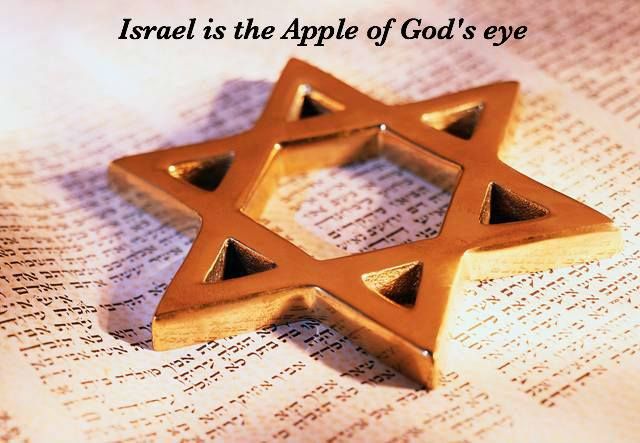
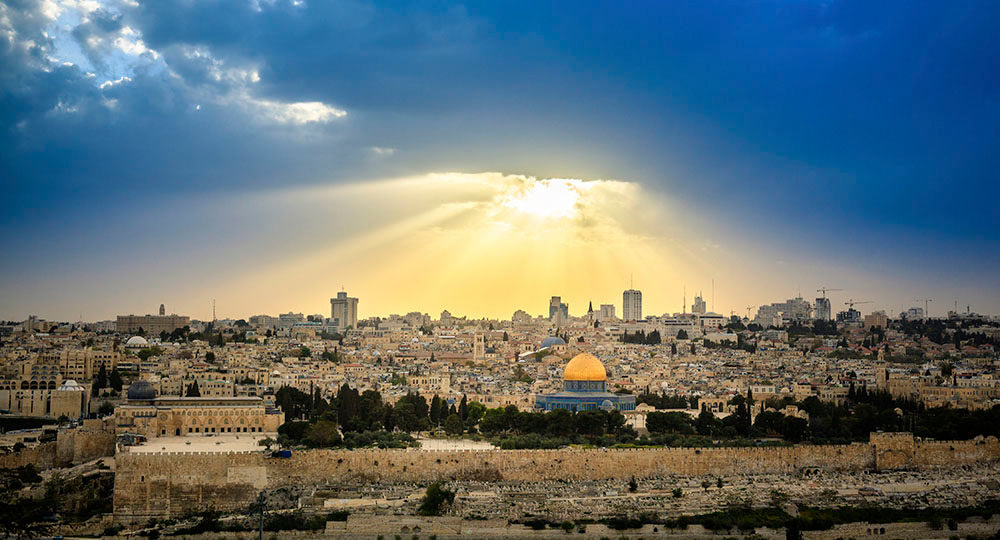
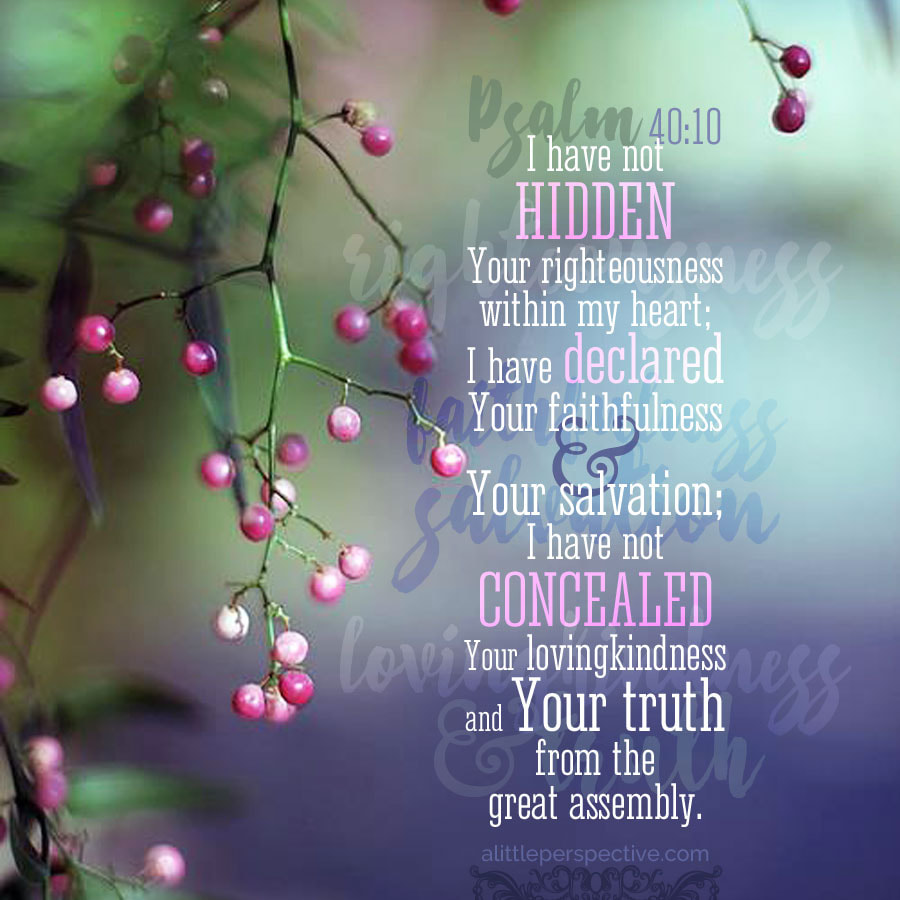
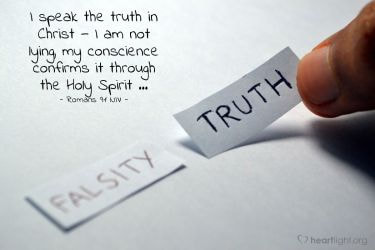
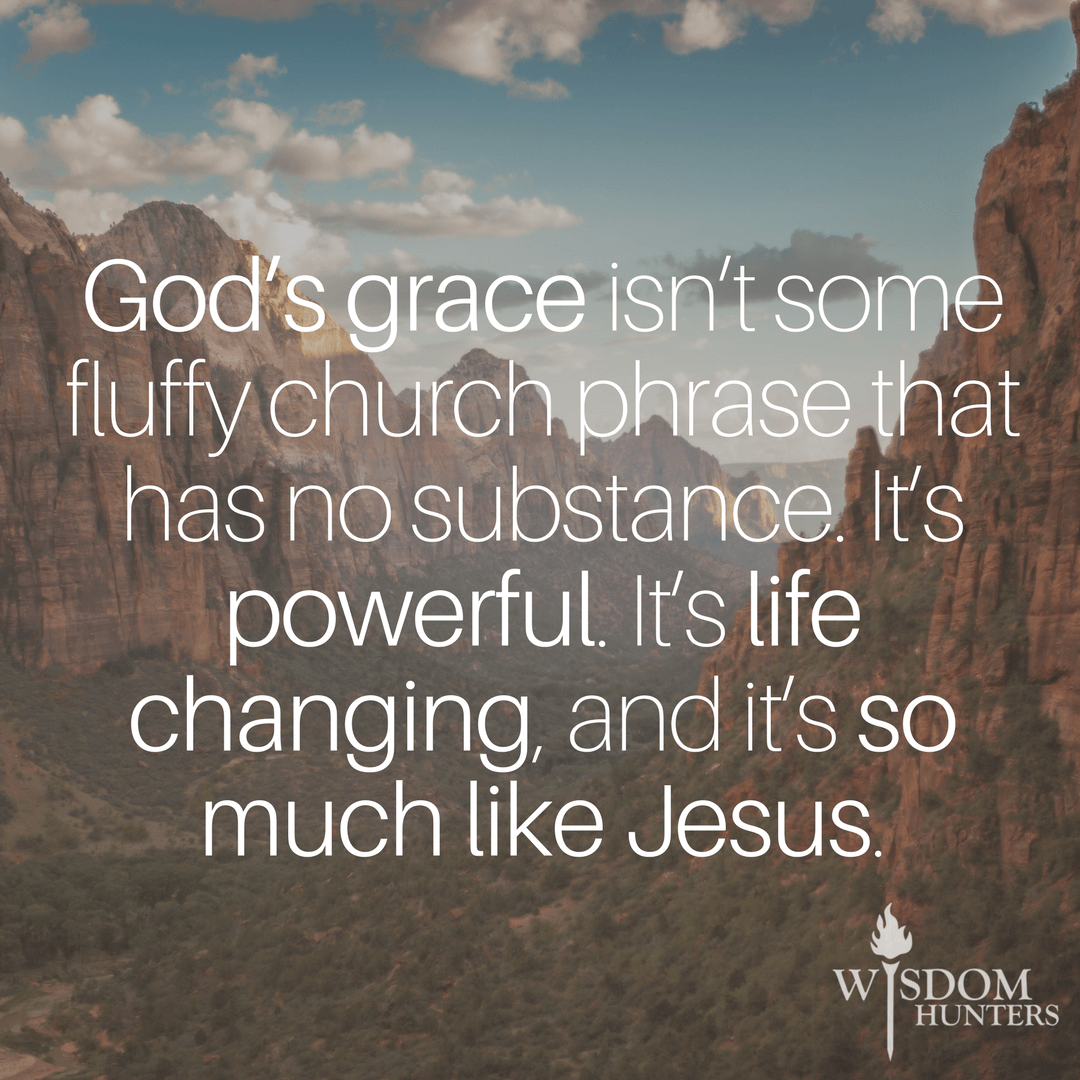
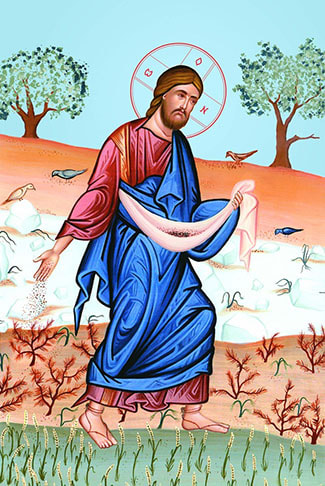
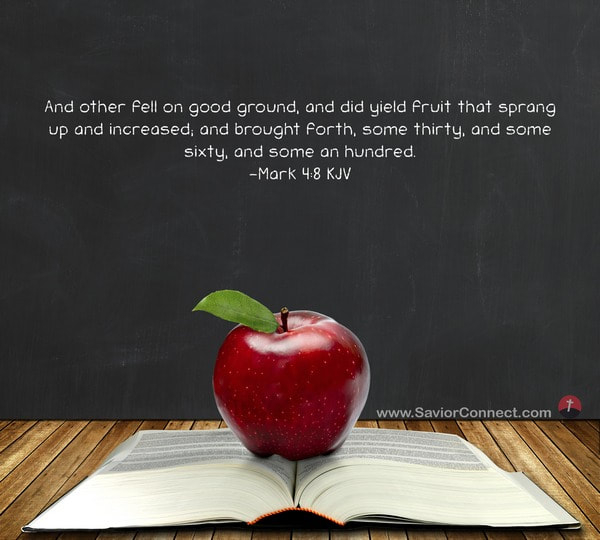
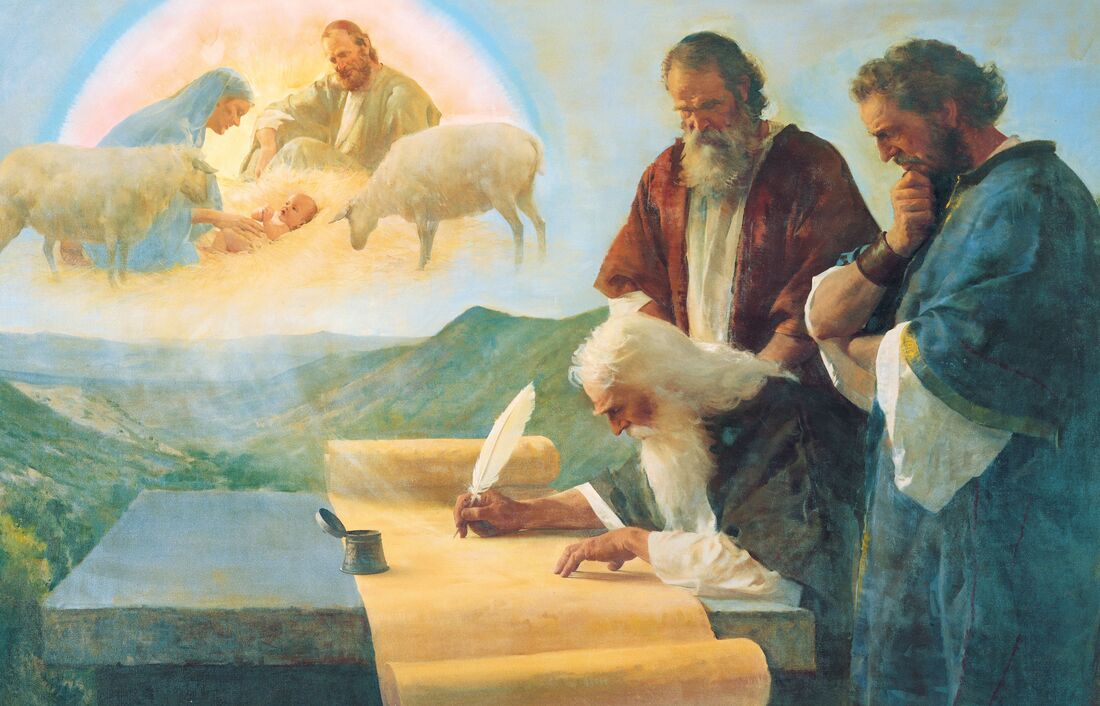
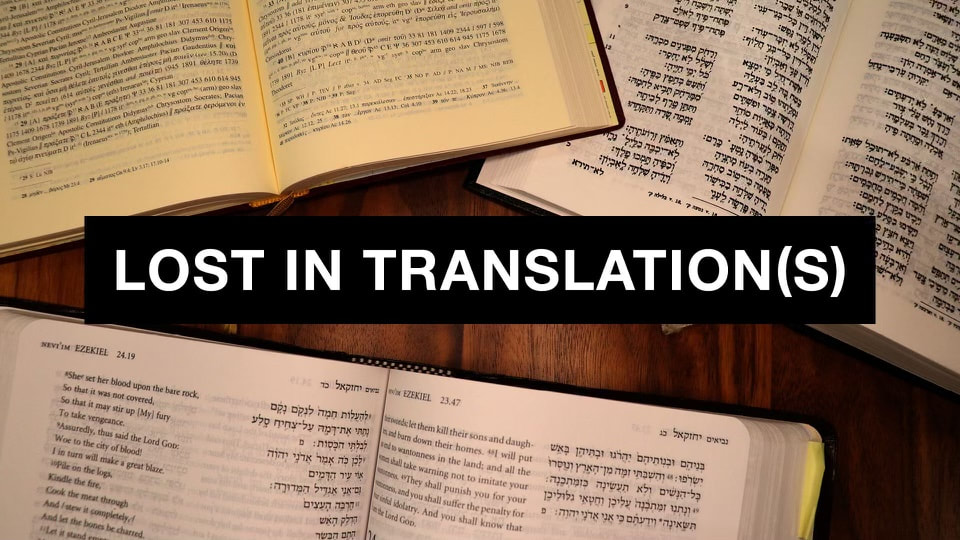


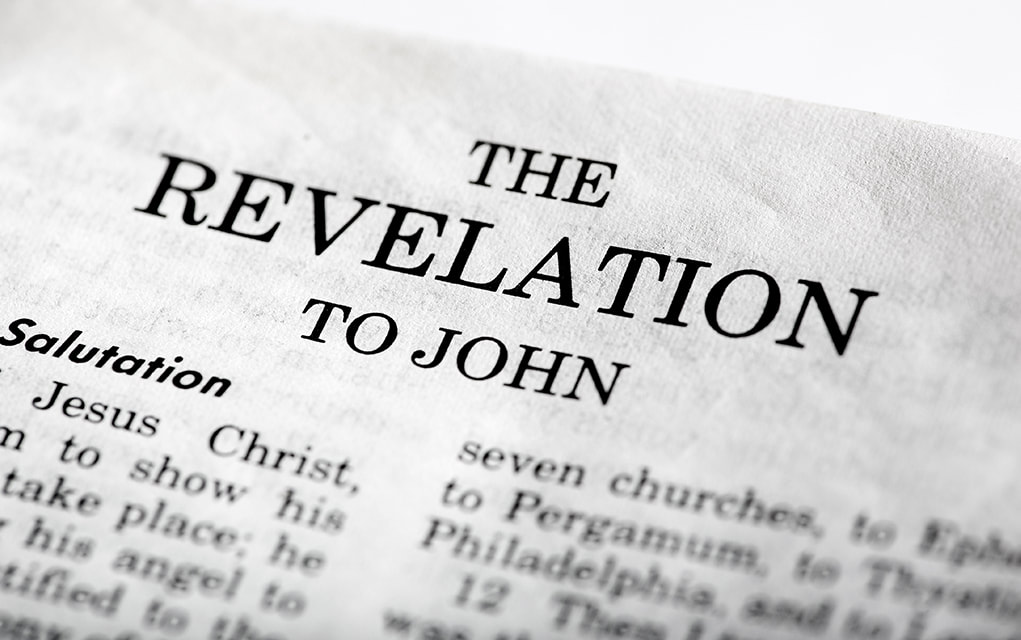
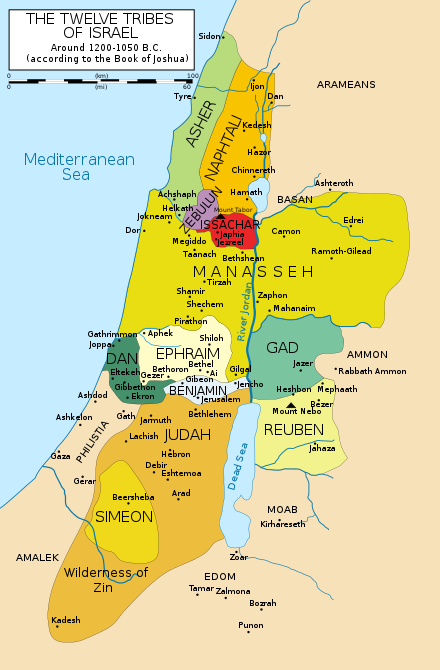

 RSS Feed
RSS Feed





















































